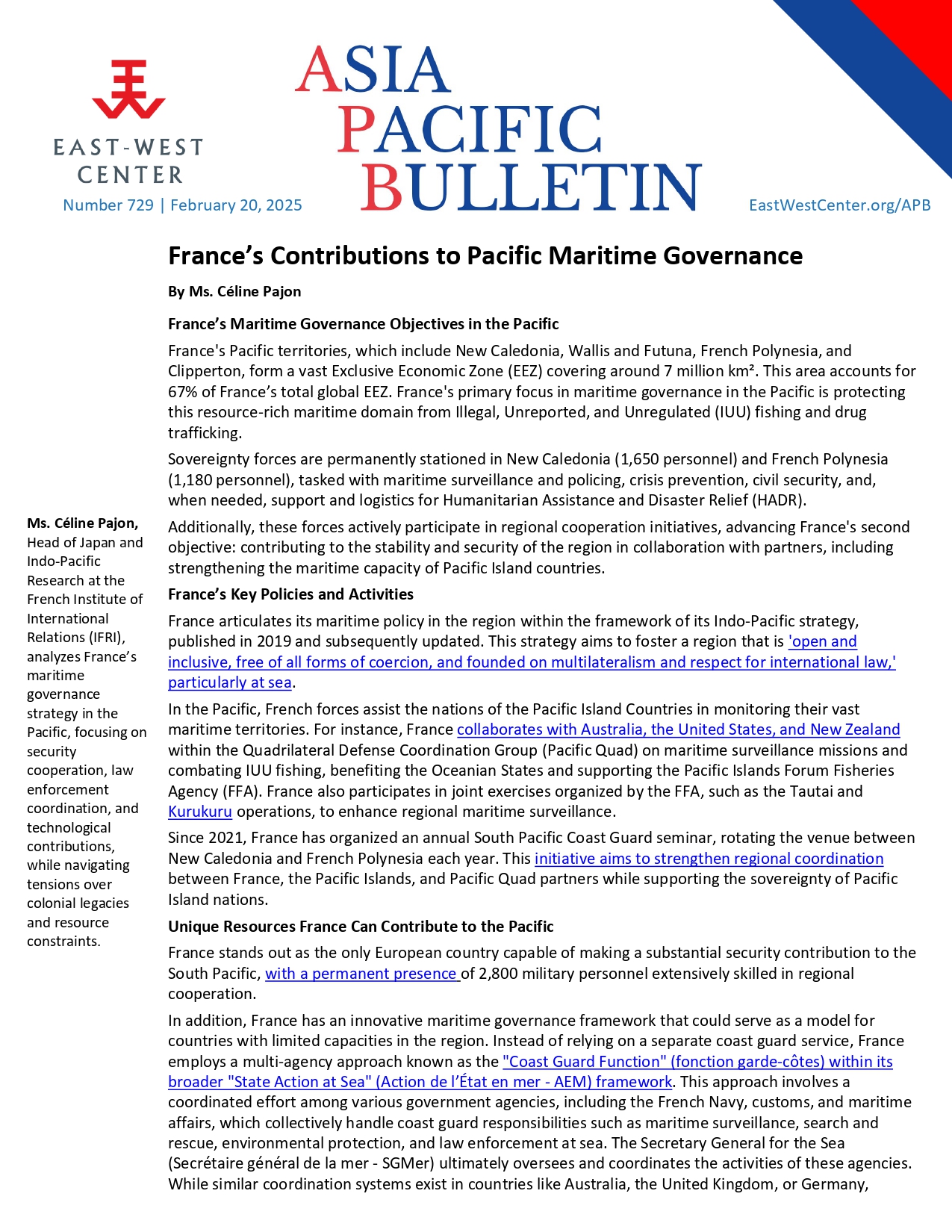Challenges and Opportunities of a EU-Taiwan ECA: A Review of Political-Economic Perspectives

Concerns over becoming marginalized in the course of East Asian economic integration are driving a proactive regional trade agreement (RTA) strategy on the part of Taiwan. Three factors explain this concern: Competing visions of economic integration in the region from both the United States and China, the success of Korea in concluding a large number of important RTAs, and the increasing number of overlapping agreements that crowd out countries and economies such as Taiwan that do not have proactive RTA strategies.
Taiwan has completed free trade agreements (FTAs) with five countries in Central America, as well as an Economic Cooperation Framework Agreement (ECFA) with China. In the case of a EU-Taiwan economic cooperation agreement (ECA), however, predictions that such an agreement will favor the EU have led to a lack of enthusiasm in Taiwan. Attention has largely been focused on follow-up negations with China concerning post-ECFA arrangements and on potential agreements with the US and partners in a Trans-Pacific Partnership (TPP). The successful negotiation of a EU-Taiwan ECA crucially depends on generating both the motivation for bilateral collaboration and incentives for signing such an agreement.
For Europe, a EU-Taiwan ECA could be seen as a safety valve for EU access to the Chinese market, creating an optimal path for balancing competitive pressure from Korea in the EU market following the EU-Korea FTA. Europe also risks being crowded out of East Asian trade by various initiatives for regional integration. In this sense, a EU-Taiwan ECA presents an opportunity. As the conditions for a RTA between the EU and China are not yet ripe, such an agreement with Taiwan could use the cross-strait ECFA to access the Chinese market, making Taiwan a kind of buffered corridor for bilateral collaboration with China. Furthermore, it could also increase the possibility of ASEAN's renewed efforts at seeking collaboration with the EU. Finally, a EU-Taiwan ECA not only would help lower the impact on European companies from the EU-Korea FTA, but could also serve as a significant tool for creating checks against Korean companies in the EU market.
In the end, Taiwan and the EU share common ground. They have both worked hard to overcome being marginalized in the course of broader Asia-Pacific regionalism, and they both have common objectives and share various common trade interests that have yet to be recognized. This paper concludes that it is necessary for the EU to further its understanding of the East Asian situation. It should reevaluate the blueprints of its existing RTA strategy and rethink its place in the broader political and economic context of the Asia-Pacific region in order to reorient its trade interests in the area, as well as its role in the regional integration process.

Available in:
Regions and themes
ISBN / ISSN
Share
Download the full analysis
This page contains only a summary of our work. If you would like to have access to all the information from our research on the subject, you can download the full version in PDF format.
Challenges and Opportunities of a EU-Taiwan ECA: A Review of Political-Economic Perspectives
Related centers and programs
Discover our other research centers and programsFind out more
Discover all our analysesJammu and Kashmir in the Aftermath of August 2019
The abrogation of Article 370, which granted special status to the state of Jammu and Kashmir (J&K), has been on the agenda of the Bharatiya Janata Party (BJP) for many decades.

France’s Contributions to Pacific Maritime Governance
France stands out as the only European country capable of making a substantial security contribution to the South Pacific, with a permanent presence of 2,800 military personnel extensively skilled in regional cooperation.
Unlocking India’s Energy Transition: Addressing Grid Flexibility Challenges and Solutions
India is rapidly scaling up its renewable energy (RE) capacity, adding 15–20 GW annually, but the ambitious goal of 500 GW of non-fossil capacity by 2030 is at risk unless the pace accelerates.

The China-Russia Partnership and the Ukraine War: Aligned but not allied
China and Russia maintain a strategic partnership rooted in shared opposition to the U.S. and liberal democracies, but their relationship is shaped more by pragmatism than trust.








